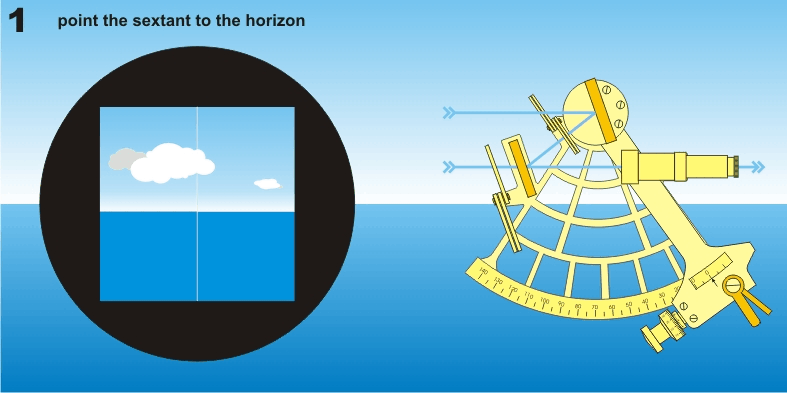A high school buddy of mine who served in the Navy can do a very funny routine about trying to locate the ship’s position with a sextant, ending with his captain dryly noting that he had decided placed their aircraft carrier was sitting in the midst of an Asian desert. I guess it’s not easy. (Correction: I’m told his sighting actually put them in the middle of Nevada; at the time, the ship was in the Indian Ocean.)
But the Navy thinks it’s important, even in these days of GPS. As NPR reports, the Navy is returning celestial navigation to the Naval Academy curriculum – not because it’s cool or connects you to the Infinite Universe, but because it might be necessary:
The Navy and other branches of the U.S. military are becoming increasingly concerned, in part, that they may be overly reliant on GPS. “We use it to synchronize all military operations, we use it to navigate everywhere — it’s just something the U.S. military can’t live without,” says Brian Weeden, a former Air Force officer now with the Secure World Foundation, a nonprofit that studies security issues in outer space. In a big war, the GPS satellites could be shot down. Or, more likely, their signal could be jammed or hacked. Already, jamming has become more common, Weeden says. “You can buy a lot of GPS jammers off the Internet,” he says. “A lot of those are made by Russia.”
I swiped the above GIF from the wikipedia page on sextant.


 Return to the Concord Monitor
Return to the Concord Monitor
Just imagine how difficult it must be trying to hold that thing steady enough to get a firm picture and accurate reading while a ship is rolling underneath you, the wind is trying to blow you over, and ocean is doing it’s best to wash you over board!